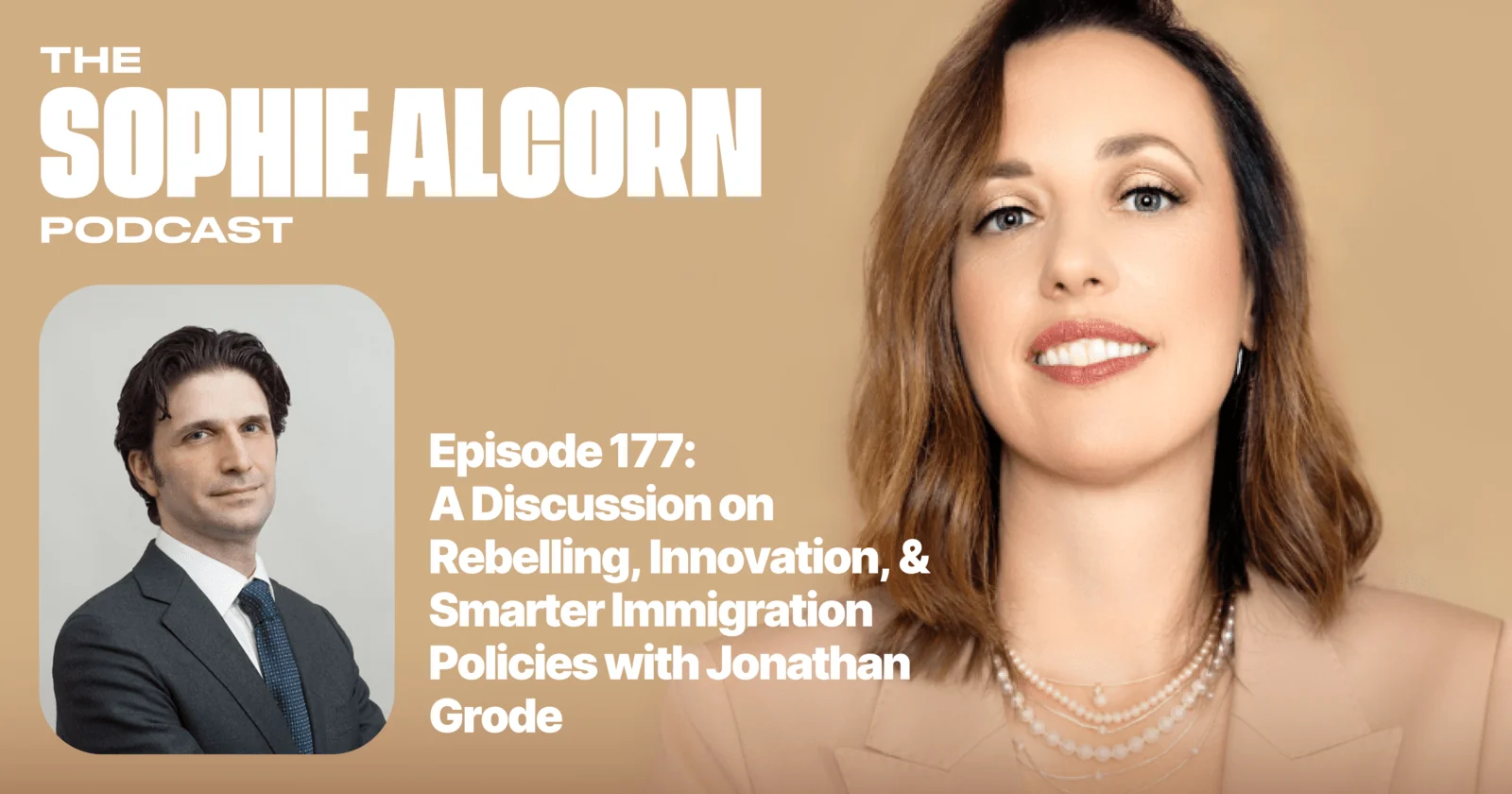Immigration is often at the center of heated debates, but amidst the controversy lies an undeniable truth: immigration is a powerful engine for innovation and economic growth in the United States.
Immigration law expert Jonathan Grove provides an enlightening discourse on the subject, shedding light on the profound impact of immigration on the American dream and the economy at large.
Immigration’s Role in Boosting American Innovation and Economic Growth
- Immigration is essential to American innovation and the actualization of the American Dream, fueled by the risk-taking and resilience of immigrants, which are valued traits in U.S. culture.
- Projected demographic changes, such as a higher death rate than birth rate by 2038, emphasize the importance of immigration for sustained economic growth in the U.S.
- The current U.S. immigration system is outdated and requires a data-driven, region-specific, and industry-focused reform, as demonstrated by innovative legal practices like the ‘skinny NIW’ experiment.
A Look at the ‘skinny NIW’ Experiment for Highly Skilled Tech Professionals
- ‘Skinny NIW’ is an innovative approach that simplifies the National Interest Waiver application process by using just a three-page cover letter and the applicant’s PhD degree.
- The experiment, conducted by a larger law firm, successfully challenged the traditionally voluminous documentation required, demonstrating a streamlined method’s effectiveness.
- The ‘skinny NIW’ method could signal a shift towards more efficient, risk-taking legal strategies in immigration law, especially for those in emerging technology fields.
Canada’s Immigration Policies vs. The U.S. System
- Canada’s pro-immigration stance has led to significant population and GDP growth, serving as a model for potential U.S. policy improvements.
- The U.S. immigration system faces challenges with outdated visa caps and quotas, advocating for data-driven and adaptable policies.
- Comparing the two, the U.S. could benefit from Canadian practices, emphasizing a more strategic approach to support economic imperatives.
Personal Branding and Passion in Immigration Law
- Identifying passions can lead to fulfilling niche practices, such as working with specific communities or industries.
- It’s important to align personal branding with personality traits. For instance, immigration law suits should focus on cooperation over confrontation.
- Learning about clients’ diverse occupations enriches immigration practice and encourages law students to turn personal interests into specialized areas of law.
Immigration significantly influences America’s economic and cultural growth and resilience. By learning from global models, using technology, and understanding immigration law, we can foster a more inclusive society. The future lies in embracing diversity and global interconnectedness.
For more information on Rebelling, Innovation, & Smarter Immigration Policies with Jonathan Grode check out https://www.alcorn.law/podcast/sap177.




